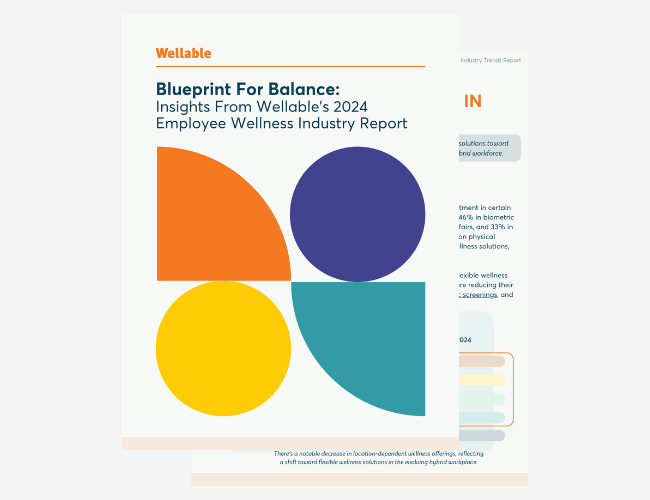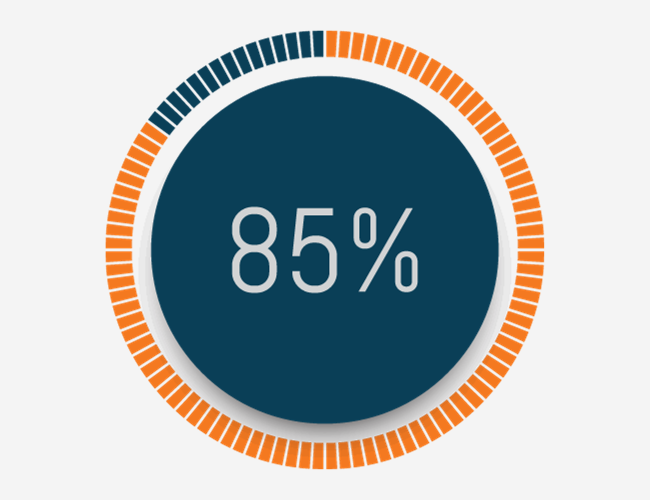A survey from FlexJobs reports that, despite a greater focus from employers on work-life balance, the number of employees struggling with managing their professional and personal lives is increasing. Based on responses from more than 1,200 individuals, 30% of employees are currently satisfied with their work-life balance, compared to 45% in the same survey three years ago. Also, the percentage of respondents that reported being stressed by their level of work-life balance increased from 29% in 2015 to 37% in 2018. Eighty-six percent responded that work conflicts with their efforts to take care of their overall health.
Flex Jobs = Better Life?
The survey also explored the impact flexible work options have on work-life balance, physical and mental health, and relationships. Below are some of the most interesting statistics from the survey on the impact of flexible work options. Flexible work refers to professional-level jobs that have a telecommuting, flexible schedule, freelance, or part-time component.

- 94% thought a flexible job would have a positive impact on their personal life
- 89% thought it would help them take better care of themselves
- 88% believed it would decrease their levels of stress
- 69% thought it would increase the number of times they exercised
- 88% said it would create more time to spend with family
- 78% thought it would help them be a better friend
- 84% thought it would help them be a more attentive spouse/partner/significant other
- 47% said it would benefit their romantic relationship
The survey results highlight the primary benefit of flexible works schedules, making the case for why employers may not be doing enough to support them despite their recent efforts to do so. Employees have personal priorities and responsibilities, from spending time with loved ones to caring for themselves, that often need to be addressed at different times of the day. They also have work responsibilities with different deadlines. Providing employees with the ability to deliver on their commitments with a schedule that allows them to do so is the best way to promote a healthy lifestyle and strong relationships while lowering stress.
Many employers recognize this, which is why more and more of them are implementing flexible work options, but if the numbers in this survey are representative of the population, they are falling short on their goals. It is not enough to let individuals work at different hours of the day if they are always expected to be tethered to their emails. Employers can and should do more to promote well-being with flexible work options, and the ones that do, will gain from happier and more productive employees that actually want, rather than need, to work for them.












